The Piano Teacher
What's it about?
The Piano Teacher by Elfriede Jelinek explores the complex dynamics of desire, repression, and control through the life of a piano instructor, Erika Kohut. As you delve into Erika's world, you'll confront themes of power and submission in relationships, particularly in the context of her disturbing bond with a passionate student. The novel invites you to reflect on the intricacies of human emotion and the impact of societal expectations. You'll gain insight into the struggles of individuality versus conformity, prompting you to question your own boundaries and desires.
About the Author
Elfriede Jelinek is an Austrian playwright and novelist known for her provocative exploration of power, gender, and social issues. Her notable works include "The Piano Teacher" and "Lust." Jelinek's writing style is characterized by its linguistic complexity and satirical edge, often challenging traditional narrative forms and societal norms.
5 Key Ideas of The Piano Teacher
The Illusion of Control
Accepting the uncontrollable aspects of life can liberate you from the shackles of frustration and helplessness.
Erika Kohut, trapped in a web of her mother's control, illustrates how the false belief in controlling our environment can lead to inner turmoil.
- A relentless pursuit of control breeds constant dissatisfaction.
- Letting go of unrealistic control can enhance mental peace.
- It encourages embracing unpredictability, fostering resilience.
Take a moment to acknowledge an aspect of your life you cannot control and mentally release the grip on it.
Beware of trying to micromanage everything, as it only leads to greater anxiety instead of calm.
The Echoes of Suppressed Desire
Facing and expressing your desires healthily prevents them from manifesting destructively.
Erika's repressed desires manifest in unexpected and harmful ways, exemplifying the cost of denial.
- Suppressed desires often erupt in destructive behaviors.
- Acknowledging them promotes emotional health and self-awareness.
- It offers a path to authenticity and sincere relationships.
Write down one unmet desire without judgment and explore a healthy way to address it.
Avoid suppressing your feelings, mistaking this for strength; it's a step toward internal conflict.
Breaking Free from Dependency
Cultivating your voice and independence leads to genuine relationships and self-worth.
The oppressive bond between Erika and her mother highlights the emotional risks of dependency.
- Dependence stifles personal growth and self-expression.
- Authentic relationships require mutual independence.
- Building self-reliance enhances personal satisfaction.
Identify one small decision you can make independently today to bolster your sense of agency.
Don't confuse needing support with losing independence; healthy independence strengthens interdependence.
Deeper knowledge. Personal growth. Unlocked.
Unlock this book's key ideas and 15M+ more. Learn with quick, impactful summaries.
Read Full SummarySign up and read for free!
The Piano Teacher Summary: Common Questions
"She can hardly let go of her past; it is painfully present in all her desires." This quote encapsulates the haunting complexities that Elfriede Jelinek masterfully weaves throughout The Piano Teacher. The story revolves around Erika Kohut, a middle-aged piano teacher whose life is dictated by the oppressive grip of her overbearing mother and her own psychosexual struggles. Jelinek’s exploration of repression, desire, and masochism creates an unnerving tension that kept me glued to the pages.
What really had me hooked were the stark and often uncomfortable scenes that unveil Erika's internal conflict, particularly her forbidden attraction to her student, Walter Klemmer. Their relationship spirals into a complex dance of power and submission, leaving me both enthralled and slightly bewildered. Jelinek's writing style, rich with symbolism and vivid descriptions, sometimes felt overwhelming, mirroring Erika's chaotic psyche. It made me reflect on similar themes in Gone Girl by Gillian Flynn and The Bell Jar by Sylvia Plath, where the protagonists navigate their own personal demons.
Overall, Jelinek’s The Piano Teacher is a powerful, unsettling read that delves deep into the human condition. It’s not for everyone, but if you’re interested in a challenging narrative that confronts societal norms and personal anguish, I highly recommend it. It might just resonate with you long after you’ve turned the last page.
Experience Personalized Book Summaries, Today!
Discover a new way to gain knowledge, and save time.
Sign up for our 7-day trial now.
No Credit Card Needed

Similar Books

Comprehensive Casebook of Cognitive Therapy
Frank M. Dattilio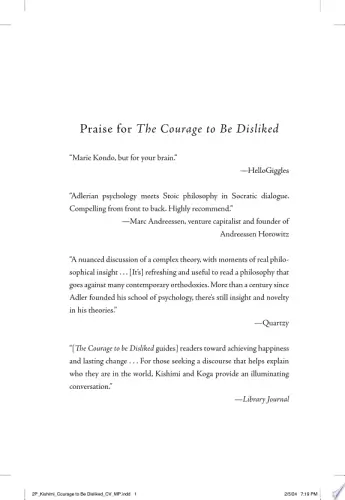
The Courage To Be Disliked
Ichiro Kishimi
We Were Liars
E. Lockhart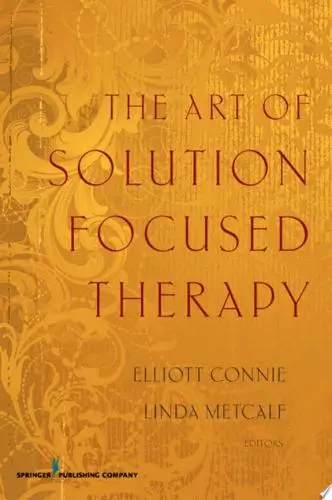
The Art of Solution Focused Therapy
Elliott Connie, MA, LPC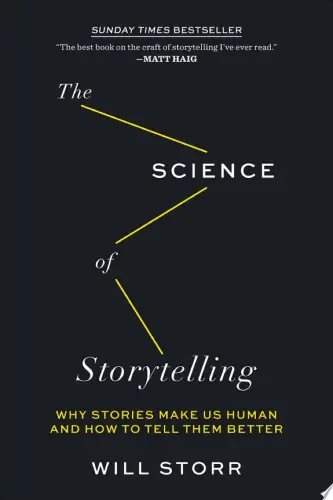
The Science of Storytelling
Will Storr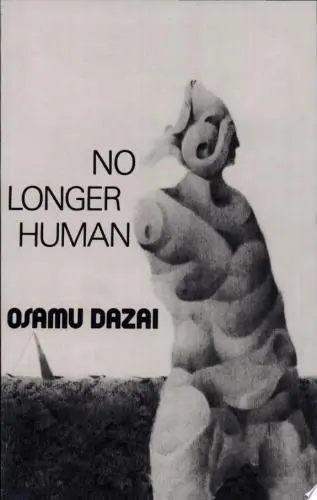
No Longer Human
太宰治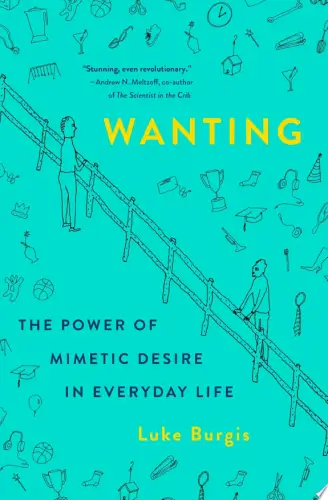
Wanting
Luke Burgis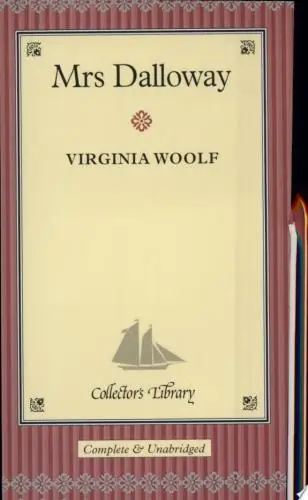
Mrs Dalloway
Virginia Woolf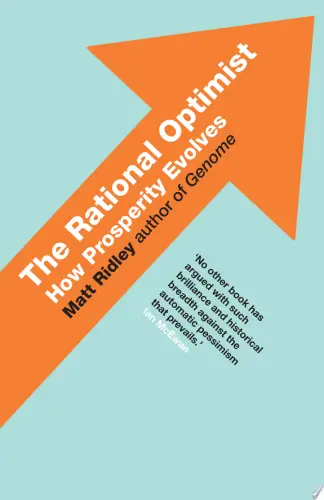
The Rational Optimist
Matt Ridley
The Social Animal
David BrooksTrending Summaries

Peak
Anders Ericsson
Never Split the Difference
Chris Voss
Smart Brevity
Jim VandeHei
The Psychology of Money
Morgan Housel
The First 90 Days
Michael D. Watkins
Atomic Habits
James Clear
Thinking, Fast and Slow
Daniel Kahneman
The Body Keeps the Score
Bessel van der Kolk M.D.
The Power of Regret
Daniel H. Pink
The Compound Effect
Darren HardyNew Books

Forex Trading QuickStart Guide
Troy Noonan
Comprehensive Casebook of Cognitive Therapy
Frank M. Dattilio
The White Night of St. Petersburg
Michel (Prince of Greece)
Demystifying Climate Models
Andrew Gettelman
The Hobbit
J.R.R. Tolkien
The Decision Book
Mikael Krogerus
The Decision Book: 50 Models for Strategic Thinking
Mikael Krogerus
Fichte
Johann Gottlieb Fichte
Do No Harm
Henry Marsh

